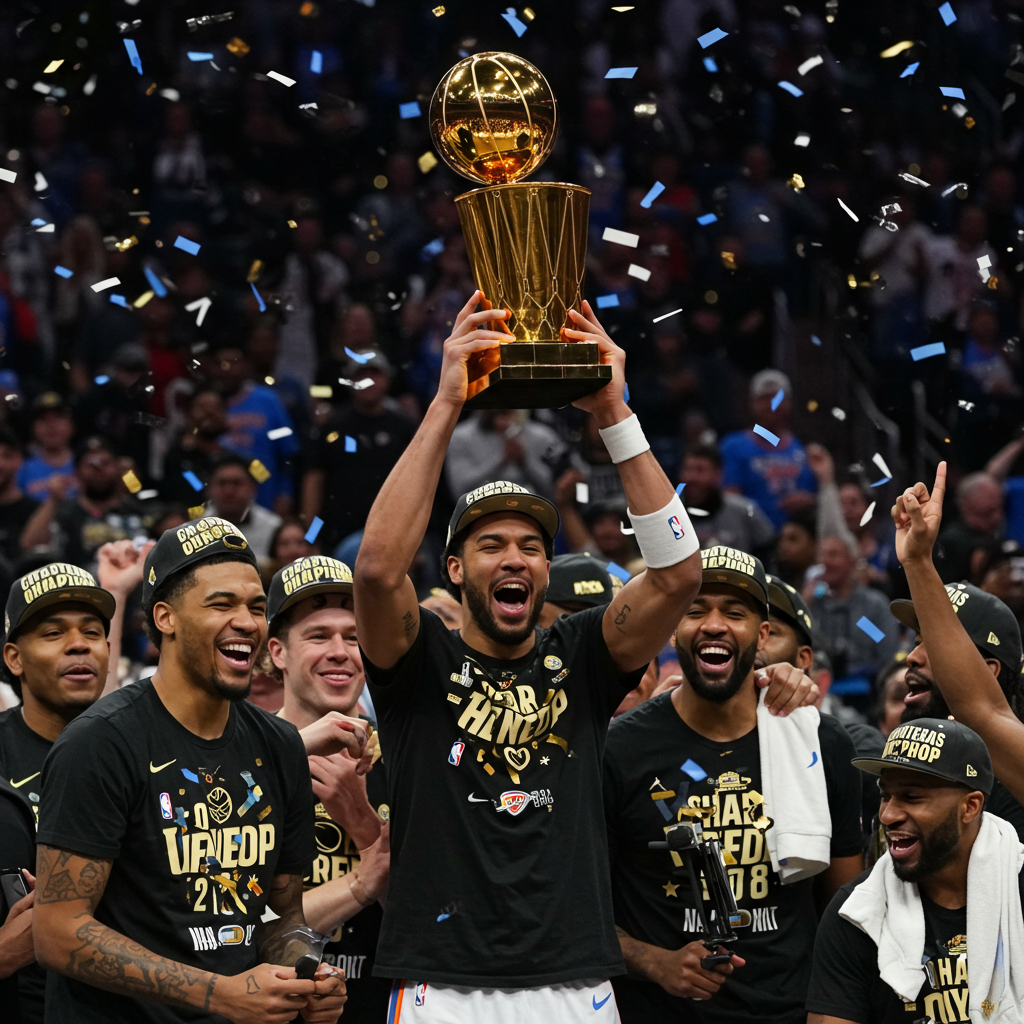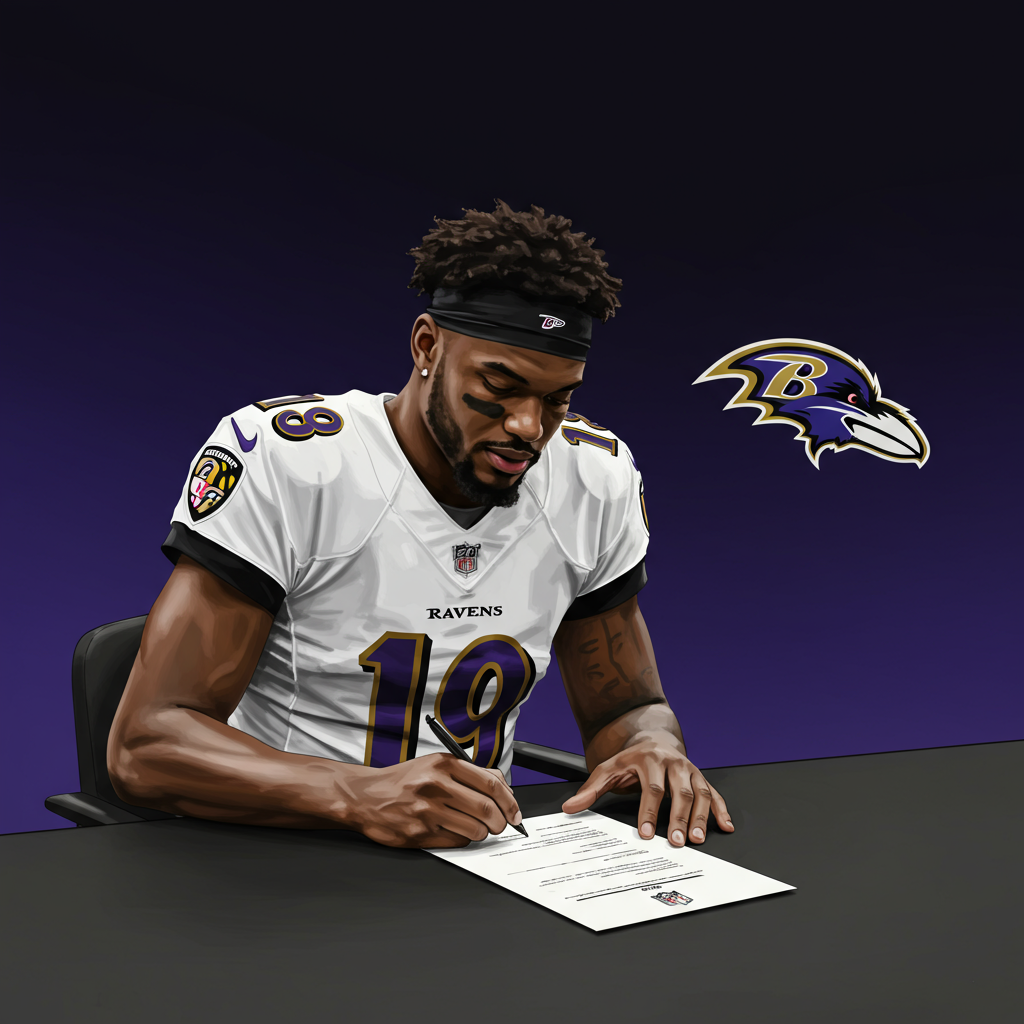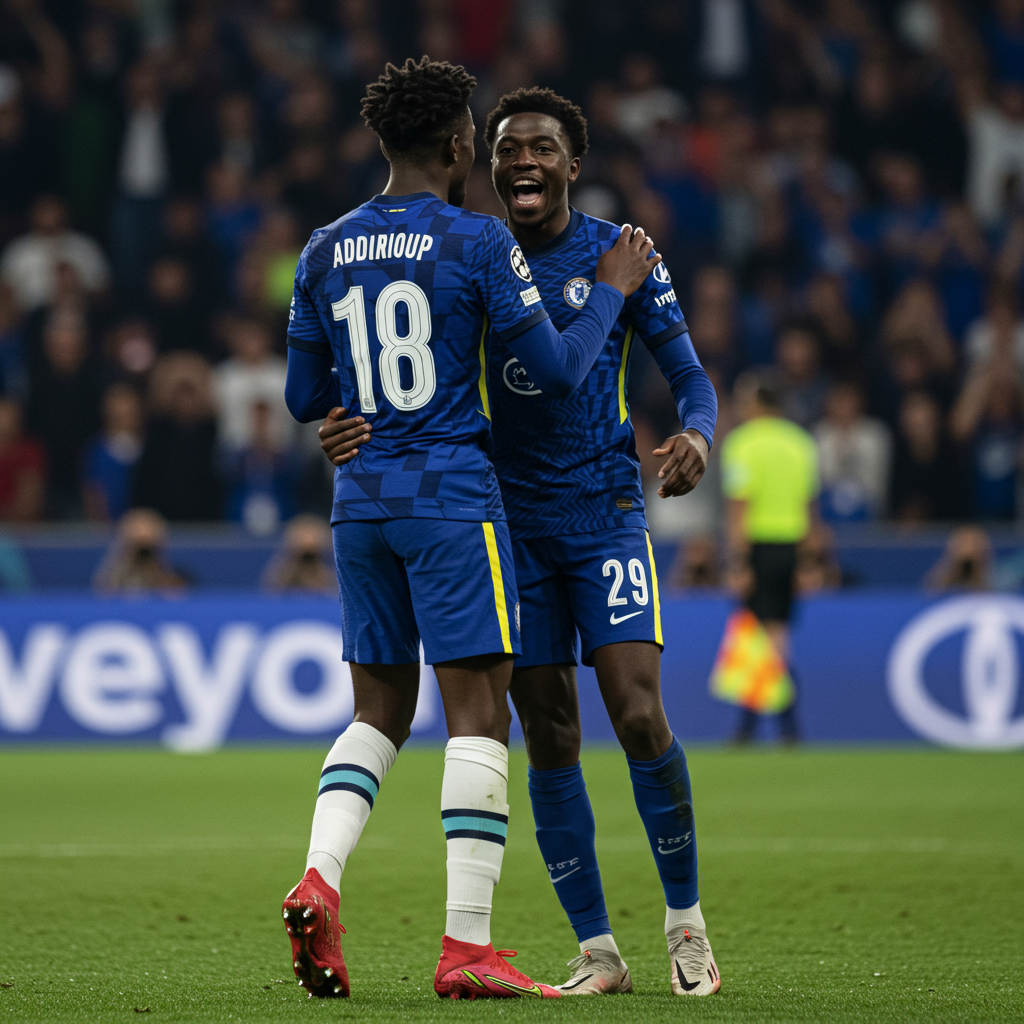The moment was raw, a stark contrast to the electric atmosphere of the NCAA tournament. Following Duke’s stunning semifinal loss to Houston in April, cameras captured presumptive top NBA draft pick Cooper Flagg on a golf cart, still in his sweat-soaked uniform, staring blankly into the distance. The images quickly went viral. While Flagg later downplayed the public display of emotion, telling reporters it was “an incredible season” that just “didn’t end the way we wanted to,” those close to him knew the internal struggle was real.
Weeks later, Flagg still found it difficult to articulate the collapse. Duke held a six-point lead with just 35 seconds remaining, seemingly bound for the national title game. A quick Houston three, a costly inbound turnover leading to a dunk, and a controversial foul called on Flagg after a missed free throw chipped away the lead. With 15 seconds left and down one, the ball was in Flagg’s hands. He drove, spun, and pulled up from nine feet – a shot that fell short. No national title chance, yet, notably, Flagg insists he has no regrets about the attempt. “You trust the ball in Cooper’s hands,” said Coach Jon Scheyer, adding that he doesn’t replay that specific shot with regret.
A Dominant Freshman Season
Despite the heartbreaking finish, Flagg’s single season at Duke was undeniably a success. He cemented his status as a premier talent, earning first-team All-American honors and the prestigious Naismith National Player of the Year award. His statistics were impressive, averaging 19.2 points per game on 48.1% shooting from the field, including a solid 38.5% from three-point range. He notched seven double-doubles throughout the season, highlighted by a dominant 42-point performance against Notre Dame and a 20-point, 12-rebound outing against Louisville. Even in the loss to Houston, Flagg showcased his versatility with 27 points, seven rebounds, and four assists.
Reflecting on the final shot, Flagg’s public stance is pragmatic. He calls it a “tough shot” that “got to a solid spot,” a reflection of his belief in the preparation he’s put in. He hasn’t rewatched the ending, stating, “That’s just not who I am.” He refuses to dwell on potential “what ifs” or alternative decisions, preferring to “live with what I trusted.” However, the loss weighed heavily on him. His longtime trainer, Matt MacKenzie, noted that Flagg felt he had let his teammates down, taking on “probably too much at times” and being “in rough shape for a couple of days.”
From Maine Prodigy to National Name
Cooper Flagg’s journey to basketball prominence began far from the national spotlight, in the small town of Newport, Maine. The tales of his prodigious talent started early. Youth coach Andy Bedard heard whispers of a remarkably skilled third-grader dominating older competition. When he saw Flagg play, Bedard was struck not just by his game, but by his coordination and feel for the sport even in warm-ups, performing sophisticated layups years ahead of his age. He noted Flagg’s ability to make difficult passes easier for less-skilled teammates and his unselfishness, allowing teammates to reshoot after misses.
His mother, Kelly Flagg, a former college player herself, recognized his unique abilities. She and Cooper’s father, Ralph (a former college player), nurtured his talent, recognizing the need for him to find higher competition. This led them to connect with Bedard and later Matt MacKenzie when Cooper and his twin brother Ace were 12. While Ace possessed a more conventional big man game, Cooper’s physical tools were impressive, but his mind truly set him apart. MacKenzie quickly learned that Flagg only needed to be shown something once. Running him through drills designed for older, college-level players, MacKenzie found Flagg’s ability to process complex situations and make quick decisions often surpassed theirs. He was, in MacKenzie’s words, like “Will Hunting, with hops.”
Kelly Flagg describes her son as “annoyingly good at everything,” excelling in football (quarterback), baseball (pitcher/shortstop), and soccer (striker). This multi-sport background likely contributed to his exceptional coordination. But it’s his intense competitive drive, his absolute refusal to lose (even resorting to cheating in games like Marco Polo), that she believes is key to his success. Flagg himself gravitated towards the mental side of basketball early on, finding satisfaction in outsmarting opponents even when not physically dominant. His spirited one-on-one games with Ace, and particularly a legendary rivalry with his mom that only ended when she tore her meniscus after he grew taller, further honed this competitive edge. A pivotal early moment came at age 7, when Kelly witnessed him chase down a loose ball, save it one-handed, sprint the floor, get the ball back, and finish with a layup – a play she and Ralph saw as a clear sign he was “different.”
Basketball Mind & Physical Gifts
Seeking greater challenges, Flagg transitioned to Montverde Academy in Florida for his final two years of high school, a renowned program that has produced numerous NBA stars. This move provided daily competition against elite peers. His spongelike mind continued to impress. MacKenzie noted Flagg would study YouTube clips of the legendary 1985–86 Celtics, mining techniques and insights from various players like Kevin Durant, Paolo Banchero, Jayson Tatum, and Kevin Garnett, rather than idolizing one. MacKenzie sees components of Garnett’s intensity, Larry Bird’s court sense and IQ, and Tatum’s versatility and athleticism wired into Flagg’s approach.
Former NBA player Brian Scalabrine was initially skeptical about a highly touted player from Maine, a state not known as an NBA hotbed. But after seeing Flagg, then 13 and already dunking, work out with older players, Scalabrine was stunned. Flagg’s quiet demeanor hid an explosive game, demonstrated by a quick drive, spin, and left-handed dunk that silenced the gym on their first play. Scalabrine ran him through demanding drills, designed to create sloppiness, but Flagg excelled. He completed a complex 128-make layup drill (inspired by Kyrie Irving) in just over two minutes, a time typically seen only by elite pros. Scalabrine famously called Flagg a “supercomputer,” capable of mastering a new skill in 24 hours. He compared Flagg’s basketball IQ and rapid learning ability to minds like Chris Paul and LeBron James, calling it “off the charts.”
Flagg’s ability to perform against top competition was further proven last summer when, as a 17-year-old fresh out of Montverde, he was invited to the Team USA Select Team training camp ahead of the Paris Olympics. Sharing the floor with superstars like LeBron James and Stephen Curry initially left him “shell-shocked,” feeling unfamiliar nerves. However, by the second day, he thrived on the challenge, holding his own against players like Anthony Davis, hitting threes and battling on the boards. Coach Scheyer observed that Flagg “put on a show.” While Flagg characteristically shrugged it off as “just basketball,” he acknowledged the profound confidence boost: “When you play well, you hold your own, it builds confidence… it tells you, ‘What can you not do? Who can you not play against at that point?'”
Embracing the Underdog Mentality
Part of Flagg’s drive stems from his affinity for being the underdog. He co-founded an AAU team in Maine, Maine United, that wasn’t stacked with talent beyond himself and Ace. Bedard joked that watching them warm up would make opponents expect a blowout loss, but Flagg’s presence elevated the team. Coming from Maine and facing skepticism became “extra fuel.” He recalls a fifth or sixth-grade game where an “overrated” chant from the stands served as a “trigger,” leading him to score the team’s next eight points to break the game open. This love for challenges and proving doubters wrong is deeply ingrained.
The Path to Dallas (Likely)
Fast forward to the NBA Draft Lottery in Chicago. The Dallas Mavericks, with a mere 1.8% chance of landing the top pick, defied the odds, winning the lottery through a combination of Ping-Pong balls. Assistant GM Matt Riccardi, representing the team, credited a lucky owl sticker from his infant son for the improbable win. For a franchise that had recently traded away a star in Luka Doncic, the win offered the chance to draft a potential new cornerstone.
Flagg watched the lottery unfold calmly. He expressed surprise at how quickly it concluded but maintained that the destination didn’t fundamentally alter his approach. While landing on a team built to win, like Dallas (which includes Kyrie Irving and potentially Anthony Davis, though Davis is with the Lakers, and Irving is currently recovering from injury), is appealing, his core motivation remains the same: “Whatever team I get picked by or whatever situation I ended up in, my mindset going into any game or anytime I’m playing basketball is always try to win. I’m just an ultimate competitor.”
He isn’t currently dwelling on the specifics of fitting in with the Mavericks roster or the inevitable comparisons to past Dallas stars. True to his competitive nature and focus, Flagg is determined to “live in the moment,” concentrating on what he can control daily rather than getting caught up in future expectations.
Days will undoubtedly get better as he prepares for the NBA. Brian Scalabrine recently told Flagg after a workout, “I can’t help you anymore.” Scalabrine believes Flagg has surpassed the need for conventional training and needs to be learning from the absolute elite. “He’s past me,” Scalabrine stated. “Everything he needs to know he needs to learn from somebody else. He needs to be working with LeBron or something. He’s beyond me.” Yet, despite reaching this rare level, Flagg and Scalabrine immediately went back to work. The NBA awaits, but there is always more to be done. Cooper Flagg’s journey is just beginning, and his blend of innate talent, relentless work ethic, and insatiable competitive fire indeed portends limitless potential on the NBA stage.



